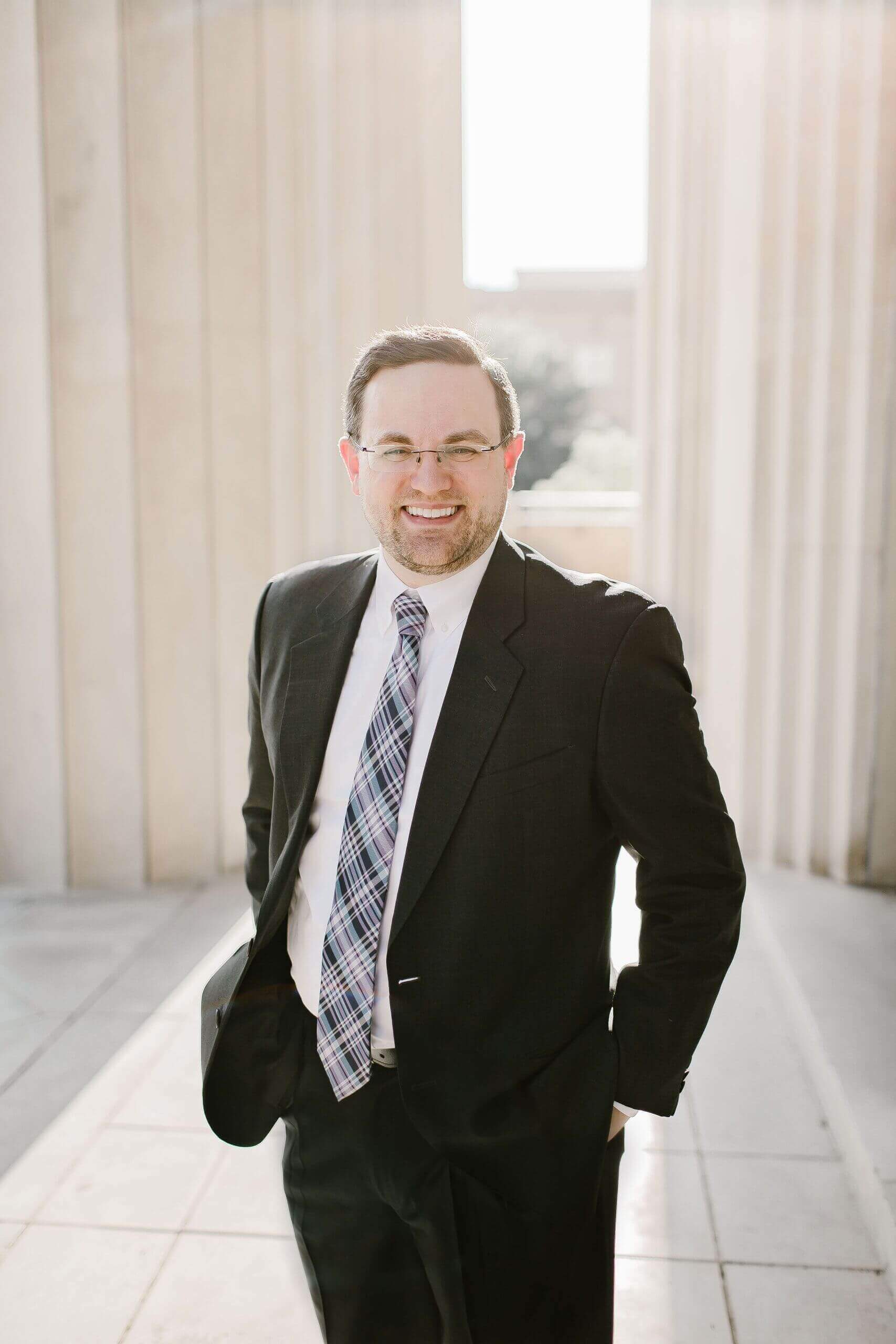What Are POD and TOD Accounts?
For a variety of reasons, people sometimes want some or all of their assets to pass directly to specific individuals upon their deaths outside of probate. One way to accomplish this is to set up a “payable on death” (POD) account for money in a bank account or a “transfer on death” (TOD) account if funds are in a brokerage account.
Will These Help Me Avoid Probate?
Probate is the process through which a court determines how to distribute property after an individual dies. Some assets are distributed to heirs by the court (probate assets), and some bypass the court process and go directly to beneficiaries (non-probate assets). With POD and TOD accounts, the account owner names a beneficiary (or beneficiaries) to receive assets when the owner dies. Generally, all that is required to get the money or control of the account is for a beneficiary to show the bank manager or the brokerage firm an original death certificate. The funds pass outside of probate, meaning that the beneficiaries can receive the money quickly without the probate court’s involvement. The account assets also receive a “step-up” in basis when the original owner passes away, meaning that no capital gains tax should be due if investments are liquidated in order to be transferred.
Who Has Access?
Only the account owner has access to the assets while alive. The named beneficiaries have no control over the account, and the owner can change beneficiaries at any time if competent. If the named beneficiary predeceases the account owner, then the assets are distributed to the remaining beneficiaries or to successor beneficiaries, depending on what the owner writes on the beneficiary designation form or online. If there is only one beneficiary and they predecease the owner, and the owner makes no subsequent changes to the beneficiary designation, the assets go into the account owner’s probate estate.
POD and TOD Accounts Can Cause Problems.
Receiving assets could be a problem for certain beneficiaries, such as a child with special needs who depends on Medicaid and other public benefits. If the account amount is large enough, it could be advisable to do special needs planning with an Arkansas special needs planning lawyer to avoid assets interfering with the receipt of public benefits.
Also, some attorneys discourage passing assets through accounts like these because people sometimes forget about the accounts, and their existence can confuse an individual’s estate plan. For example, the will may say that everything should be distributed equally to the account owner’s three children, but the POD or TOD account passes assets to only one child, creating unequal shares among the children. If avoiding probate is the goal, it may be better to put all assets into one revocable trust that clearly states who should get what. But these potential problems are much less of an issue if the estate is a simple one – for example, one surviving parent with only one child.
If you live in White County, Pulaski County, Saline County, or nearby cities, including Benton, Little Rock, or Sherwood, AR, we can help you sort through probate and non-probate assets with simple or complex estates.

At McClelland Law Firm, we believe that limiting our practice areas provides the greatest value to our clients. To us, value means providing exceptional service and efficient processes for each of our practice areas.
We are committed to compassionate representations, especially as it relates to elder law. No one should feel pressured, controlled, or “talked down” to in any meeting. Every client deserves to be heard and understood.
McClelland Law Firm, P.A. is here to help you and your loved ones understand probate and trust administration, estate planning, Medicaid planning, crisis planning, guardianship, and elder law. Our Benton, Sherwood, and Searcy law offices welcome you to contact us and learn how we can help meet your elder law legal matters in White County, Pulaski County, Saline County, and throughout Arkansas.
